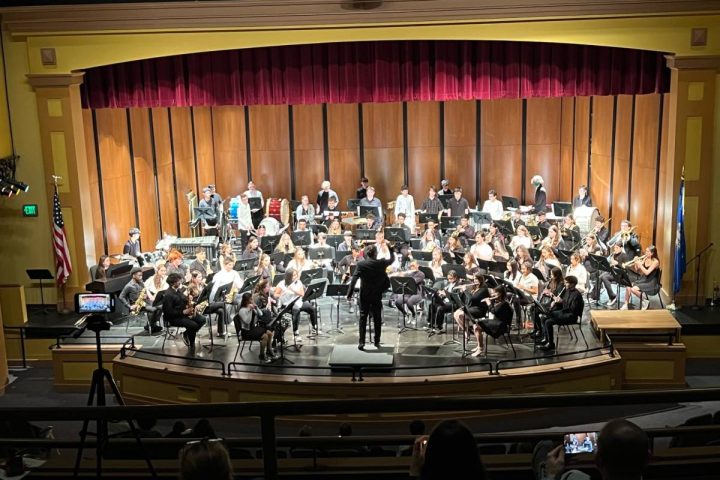MONROE, CT — First Selectman Terry Rooney presented his $103.67 million town budget, which has a projected tax increase of just over 2 percent, to the Town Council at its meeting Monday night.
The spending plan includes $71,337,659 for Monroe’s public schools and $31,437,169 for municipal services. During his presentation, Rooney touted the town’s growing grand list and strong unassigned general fund balance, of which he wants to use $2,550,000 to offset taxes.
Rooney said his administration made “difficult and highly scrutinized decisions” in putting together the town budget.
“The mission and firm goal of my administration is and will always be to consistently create a financially responsible budget inclusive of all demographics, while having a high probability of approval at the annual budget referendum,” he said.
The Town Council will hold workshops on the municipal portion of the budget before the Board of Finance reviews the entire town budget, so adjustments could be made before voters decide on a final version at the May 7 referendum.
There was little public comment on Monday, but Chairman Jonathan Formichella said a hearing will be held at the beginning of the Council’s joint budget meeting with the Board of Finance on March 5 at 6 p.m.
Then the Council will review all town departments during a budget workshop on March 6 at 6 p.m. and Formichella said he expects members to vote on the municipal budget at its regular meeting on March 11.
During public comments on Monday, Nick Kapoor, of Meadows End Road, made a case for more significant raises for the registrars of voters and deputy registrars of voters. He noted four elections are coming up and cited the continued training they must do to keep up with voting laws and changes to tabulators.
Kapoor, who serves on the board for The Center for Family Justice, told the Council that Monroe and Easton are the only two of the six towns the nonprofit serves that do not include an annual contribution in their budgets.
According to CFJ, it assisted 267 Monroe abuse victims last year, at a cost of $86,961.
Kapoor asked town officials to include a $5,000 to $10,000 contribution for CFJ in this year’s budget and to continue making annual contributions as long as Monroe is a member town.
Rooney cut $1,187,000 from the rate of increase in the Monroe Board of Education’s budget proposal, decreasing the requested increase from 7.15 percent, which he said was too high for taxpayers, to 5.40 percent.
He said $500,000 in projected health insurance savings can offset some of his reduction to the school board’s request.
Kapoor, a former school board member, said he vehemently opposes the reduction, especially with reports of large class sizes.
On the other side of the ledger, Rooney’s budget held the municipal spending increase to 0.60 percent.
He said key drivers for municipal expenses include a $695,588 increase in wage adjustments — police, clerical and highway collective bargaining agreements in negotiations along with non-union increases, as well as the impact of a minimum wage increase on some part-time positions.
There is also a projected $325,124 increase for medical, liability-auto-property insurance and workers’ compensation, though negotiations are ongoing.
Rooney said the town reduced its outstanding debt by $1,053,028.
The first selectman said his target goals are:
- Control taxes
- Data based spending
- Roads, infrastructure and drainage initiatives
- Maintain a healthy education system
- Proactive municipal services
- Maintain the strong financial health of the town
- Commitment to strengthen cyber security
Zoning enforcement
Joel Leneker, of Huntingtown Road, also spoke Monday. He expressed a desire to garner 200 signatures to a petition to open the town charter up to revisions.
Leneker said he is concerned over an inconsistency in zoning enforcement, especially with the high turnover of zoning enforcement officers.
“We have no definition of what a sign is and signage has not been enforced in a long period of time,” he said. “If money is a problem, I would urge the town to spend more money to keep ZEOs employed … because we cannot afford to keep replacing them.”
Leneker also said if the town does not have an ordinance or regulations on solar farms, it should look into it.
All respectful comments with the commenter’s first and last name are welcome.







If the last charter revision committee results are any indication of what might come from another charter revision committee, don’t waste the time and effort.